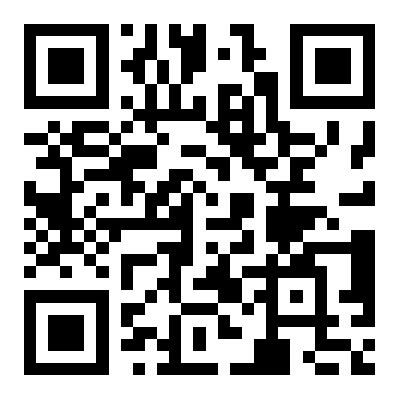NEWS CENTER
Unlocking Efficiency: The Marvels of Non-standard Automation Equipment
2025-04-15
What Is Non-standard Automation Equipment?
In the fast-paced world of manufacturing and production, efficiency is the name of the game. Enter non-standard automation equipment—a specialized category of machinery designed to meet unique production needs. Unlike your run-of-the-mill automation tools, these custom solutions are tailor-made for specific tasks, giving businesses a competitive edge.
Why Go Non-standard?
You might be wondering, why opt for non-standard solutions? Well, let me tell you, it’s all about adaptability! Non-standard automation equipment can be engineered to fit your exact requirements, allowing for greater flexibility in production processes. This means less downtime, fewer bottlenecks, and ultimately, a smoother workflow.
Tailored Solutions
Think about it: every business has its quirks and unique challenges. Off-the-shelf solutions might not cut it when your production line demands something specific. That’s where non-standard automation equipment steps in. By working with engineers and designers, companies can create machinery that seamlessly integrates into their operations.
Applications Galore!
The applications for non-standard automation equipment are as diverse as they come. From automotive assembly lines to food processing plants, these machines are making waves across various industries. For instance, in the pharmaceutical sector, customized automation can help ensure precision and compliance with stringent regulations.
Efficiency Meets Innovation
Moreover, non-standard automation can lead to innovative breakthroughs. Imagine a custom-built robotic arm that can adapt its grip based on the item it’s handling. That’s not just automation; that’s revolutionizing how work gets done!
Cost vs. Value
Now, let’s address the elephant in the room: cost. Sure, non-standard solutions might come with a heftier price tag upfront. But, consider this: the long-term savings in efficiency, reduced labor costs, and minimized errors can lead to a higher return on investment. It’s like paying a little more for a high-quality tool that lasts for years versus a cheap one that breaks down every few months.
The Customization Process
So, how does one go about getting their hands on such top-notch equipment? The customization process typically begins with an in-depth consultation. Engineers will assess your needs, existing workflows, and any challenges you face. Then, the design phase kicks off, where concepts are drafted, prototypes created, and feedback loops established. It’s a collaborative journey that ultimately leads to the perfect solution.
Case Studies: Success Stories
Don’t just take my word for it! Companies that have embraced non-standard automation equipment have reported significant improvements. For example, a small automotive parts manufacturer was struggling with assembly line inefficiencies. By implementing a custom automation solution, they saw a 30% increase in production speed and a dramatic reduction in waste. Talk about a win-win!
The Future Is Bright
As technology continues to evolve, the future for non-standard automation looks promising. With advancements in AI, machine learning, and robotics, the potential for customized solutions is limitless. Businesses that stay ahead of the curve and invest in tailored automation will undoubtedly reap the rewards.
Wrapping It Up
In a nutshell, non-standard automation equipment is not just a trend; it’s a vital component for businesses looking to optimize their operations. By embracing customization, companies can unlock a world of possibilities, enhancing both productivity and innovation. So, if you’re in the market for an automation upgrade, consider going non-standard—you won’t regret it!
Contact Information
Business Consulting:
+86-15261110017 lulu
+86-18861130806 luisa
Address: Building 36, No. 158 Jinchuang Road, Changzhou Economic Development Zone, Jiangsu Province
 Esperanto
Esperanto
 Shqiptare
Shqiptare
 Euskara
Euskara
 Zulu
Zulu
 Latinus
Latinus
 Cymraeg
Cymraeg
 தமிழ்
தமிழ்
 Slovak
Slovak
 Slovak
Slovak
 Afrikaans
Afrikaans









